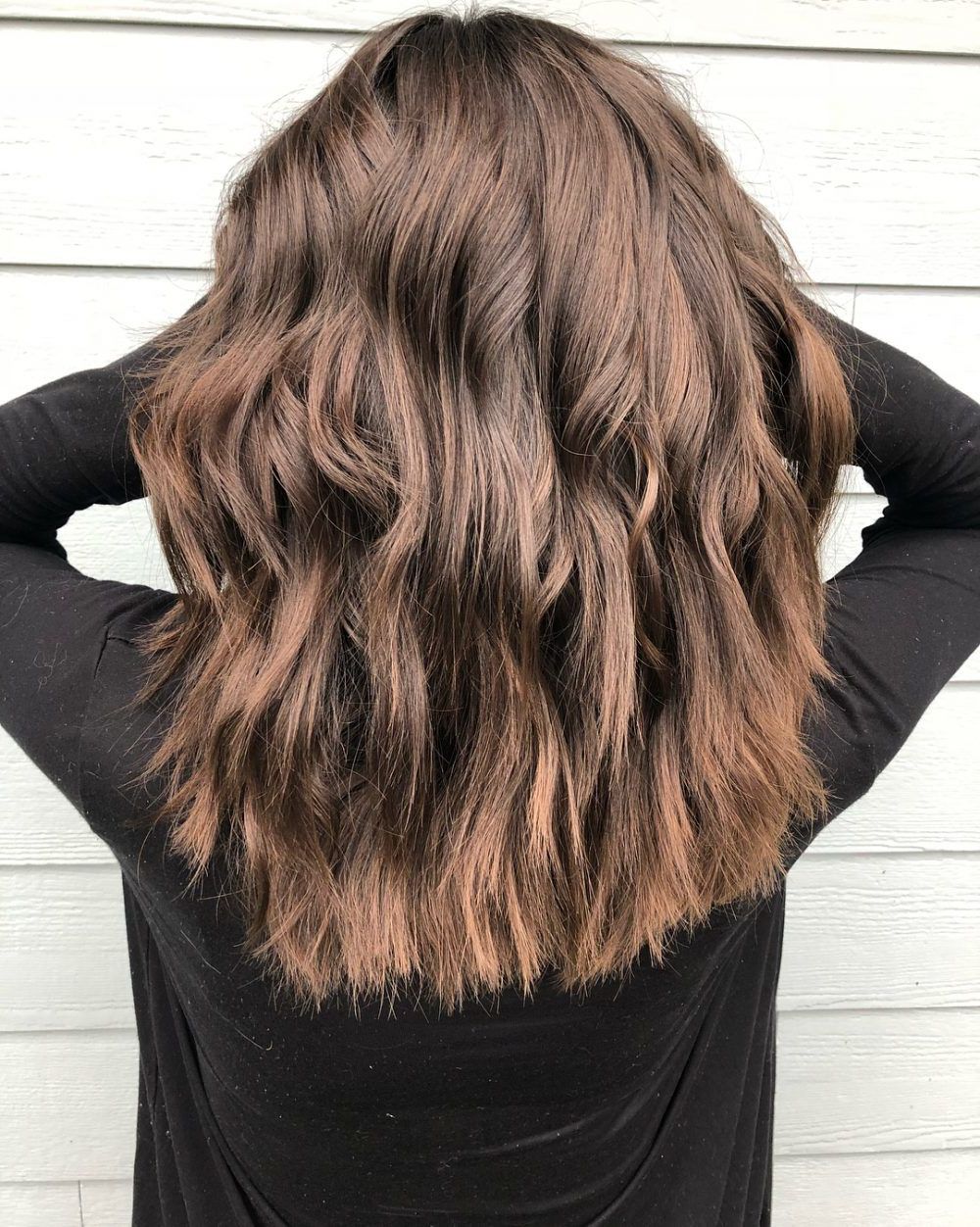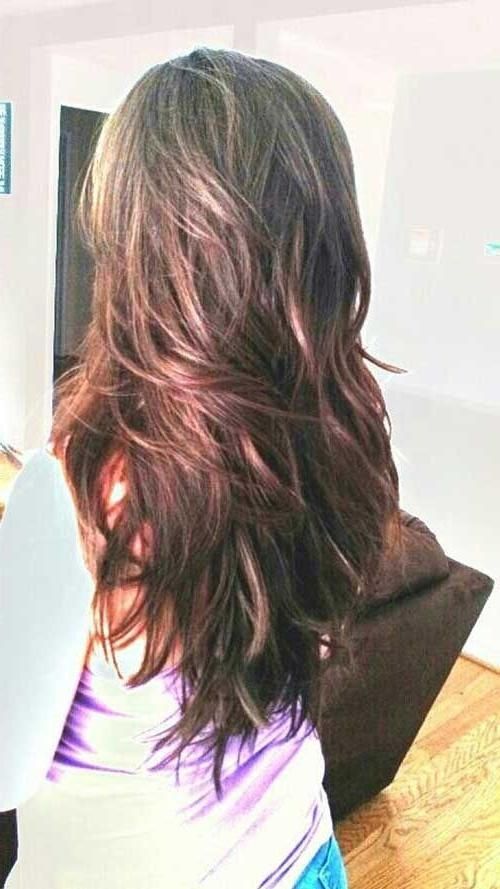Table Of Content
His favorites are the Olaplex range; the No.4 Bond Maintenance Shampoo, No.5 Bond Maintenance Conditioner, and No.7 Bonding Oil all contain soluble silicones. Meanwhile, Thomas explains that people with thin, fine, and straight hair should not use silicones, or if they do, products with a water-soluble silicone such as cyclomethicone are the best options. "Thinner hair types generally have more oil that moves from the scalp to the hair shaft," she says. "So, applying too many products containing silicones can weigh this hair type down, making it look greasy and unkempt."
What are silicones?

Consequently, they offer very few conditioning benefits – if any at all. Their purpose is to carry or help easily disperse other ingredients. To spot silicones on the product’s ingredient label, flip the product over and carefully read through the ingredients. They can be listed as single ingredients or as a combination of multiple ingredients. Silicones are perfectly safe to use on your hair—there’s no question about that.
How Do I Find the Best Silicone Hair Products?
Are Silicones Bad for Hair? - Shape Magazine
Are Silicones Bad for Hair?.
Posted: Tue, 24 Nov 2020 08:00:00 GMT [source]
Given that common silicone woes like weighed-down hair and product buildup are often discussed, it’s no wonder you have questions. Silicone is generally considered safe for use in hair care products, and it is approved for use by various health authorities. This silicone-free conditioner is perfect for curly or frizzy hair. When you want your hair to look magazine-worthy and feel lightweight, use this conditioner. All you have to do is wash your hair with a clarifying shampoo once a month. Then tweak the frequency until your hair starts feeling normal again.
What color is your tongue? What's healthy, what's not?
If you’re committed to shampooing daily, that’s fine, too — switch up your products and use a silicone-free shampoo once or twice a week. You can also limit the number of times a week that you condition your hair. Even when it says that it is free from this ingredient, if you are not familiar with the names that it uses, then it is possible that you are not free from it just yet.
She explains that you'll find various silicones on the ingredient lists of many anti-frizz or softening shampoos, conditioners, and hair serums. Water-soluble, non-soluble, and evaporating silicones are added to hair care products for the way they create a thin, waterproof coating around your hair cuticle that keeps environmental aggressors (like humidity) out. "This coating keeps your hair hydrated from within, while also preventing moisture from penetrating the hair shaft and causing frizz," explains Spinnato. "Silicones also protect your hair from damage caused by heat-styling tools such as blow dryers and hot irons." "Silicones have a bad reputation for making Afro-textured hair dry by blocking moisture," he says.
I want to get healthier
Those are typically the non-water-soluble silicones and tend to easily build up on the hair. Remember how we previously noted that not all silicones are bad? Well, that's because researchers were able to develop water-soluble silicones that are generally fine in hair care, as they are easier to remove, aren't as sticky of an occlusive, and don't bioaccumulate. Look for dimethicone copolyol or any dimethicone with a PEG prefix, like PEG-8 (or higher) dimethicone.
This silicone type is safe for hair, just like the other silicones commonly found in hair care. Silicone is an ingredient used in a wide variety of hair care products, from shampoos and conditioners to hairsprays and serums. It’s one of the most effective ingredients for taming frizz, locking in moisture, and adding shine. Some silicones need sulfates to be removed from the hair, called non-water soluble silicones. Some don’t need sulfates for removal and are called water-soluble silicones.
If you are ready to switch to products that do not contain this ingredient, you will have to prepare yourself since the texture of your mane will not be the same. Instead of having strands that are slick, you will end up with one that feels clean through and through. Stay within this category and formulation of silicones and sulfates, it works for your hair. These variants can be removed with sulfate-free shampoos; they’ll work well with a co-wash regimen. Here is a quick list of silicones that evaporate that do not typically cause buildup. When reading the ingredients listed, look for words ending in ‘cone,’ ‘conol’, ‘xane’, PPG prefix, PEG prefix, PPG/PEG prefix, combinations of ingredients ‘(and)’ silicones or combinations of ingredients ‘/’ silicones.

What do silicones do to your hair?
Overall, it is always important to think about your unique hair needs. Often, those with thicker or curly hair may benefit the most from the use of silicones. For those with thinner hair, professionals recommend proceeding with caution as it may weigh down hair or create the risk of build-up (via Allure).
They are blamed for causing buildup on the hair and irritating the scalp. They can provide hydration, protection from heat, and removal of frizz and entanglement of your hair. Even with all these benefits, they can also have side effects over time. But while they’re not always bad, we tend to recommend avoiding them as much as possible. If you have very coarse or fine hair, non-soluble silicones will have negative effects faster than hair in the middle. Stronger silicones require you to use a clarifying shampoo, perhaps more than once, to remove them from your hair.
Lucky Curl lists the benefits of using coconut oil for hair and how use it. Coconut oil can be a cheap, yet effective hair nourishing treatment. Silicones have already received a bad rap even before they have become mainstream, but this doesn’t mean that they are all bad. However, if you prefer to use silicone free products, there are several to choose from.
This ingredient is often used in shampoos and conditioners to help create a protective coating on your hair to prevent them from being damaged. Below is a list of silicones that give the hair amazing conditioning benefits, BUT they need sulfates for removal AND they tend to create build-up when used repeatedly in between wash days. Also, some can create build-up, while others do not create build at all. Note a water-soluble silicone is usually easier to remove, and often doesn’t lead to silicone buildup. If you have thin or fine hair, use products with soluble or evaporating silicones to keep the negative effects at bay. The waterproof barrier formed by silicones reduces moisture in your hair over time.
Besides avoiding silicones that are not wate- based, Trygstad says to stay away from hair products with lots of different types of silicones because it's tricky to figure out which are water-based and which are not. And if you don't want to deal with the hassle of deciphering which ones to avoid, opt for silicone-free, plant-based products instead. “These products will work similarly and provide hydration and conditioning while leaving the hair detangled and offering frizz control," says Trygstad.
You may have a hard time finding the word “silicone” on the back of your shampoo or conditioner bottle. Consider your hair's specific needs and experiment with silicone-free products to find the right balance for your fine hair. They don’t typically cause build-up but can require regular clarifying with shampoo with a surfactant ingredient like Cocamidopropyl betaine that has both a positive and negative charge. There are plenty of great silicone-free products out there that still work shining, smoothing miracles, like our Moisture Repair regimen and Hair Oil.












